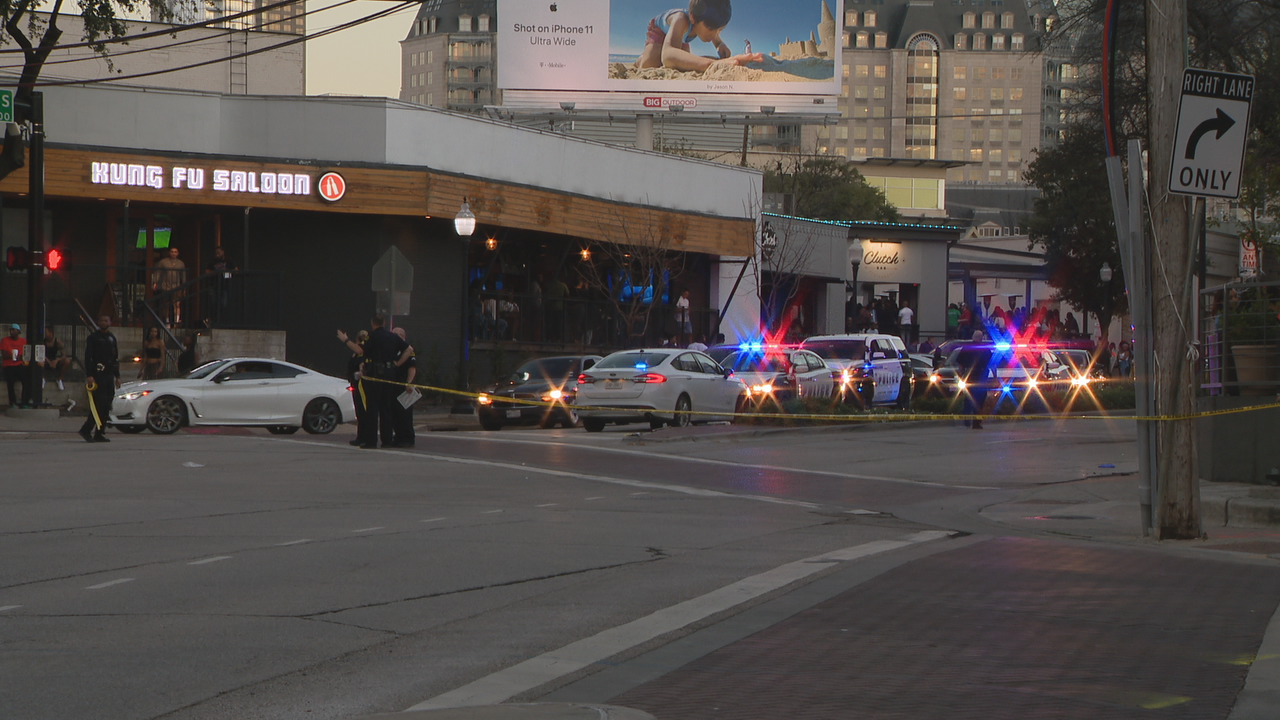


It identified police departments most likely to stop speeders for fine revenue, those that conduct the most discretionary vehicle searches and the agencies that commonly use non-moving vehicle violations - broken tail lights, license plate violations - that critics say are a pretext to look for contraband.

In an ongoing series, the Chronicle has examined the under-reported costs of aggressive traffic enforcement. “You have to weigh the damage done on a stop where someone has done nothing wrong - versus the small percentage of times where you may have actually prevented a crime.” Thomas Manger, former president of the Major Cities Chiefs Association. “We’ve gotten to a point where much of the public does not wanting us making those types of stops,” said J. The fatalities raise questions about the human cost of investigative traffic stops, a policing strategy that has been accepted practice for decades yet which research shows often has minimal effect on public safety. Yet, as illustrated by Sandra Bland’s 2015 jailhouse suicide - following a traffic stop for failing to use her turn signal - culpability in other fatal encounters was less clear-cut. In some cases the motorist’s actions played a clear and decisive role in his or her death. A Houston Chronicle analysis of 118 fatal traffic stops since 2015 found a significant number of motorists died from panicky self-administered drug overdoses, high-speed pursuit crashes and, for reasons that may never be known, suicides. Yet police don’t have to pull a trigger for a minor roadside interaction to turn deadly. Traffic stops that devolve into fatal shootings invite intense scrutiny. Cantu hit speeds of over 100 mph before he crashed into a tree, killing himself and severely injuring his passenger.

He fled when Big Spring police in June 2018 attempted to pull him over for a violation. A traffic stop triggered Austin Cantu’s death, too.


 0 kommentar(er)
0 kommentar(er)
